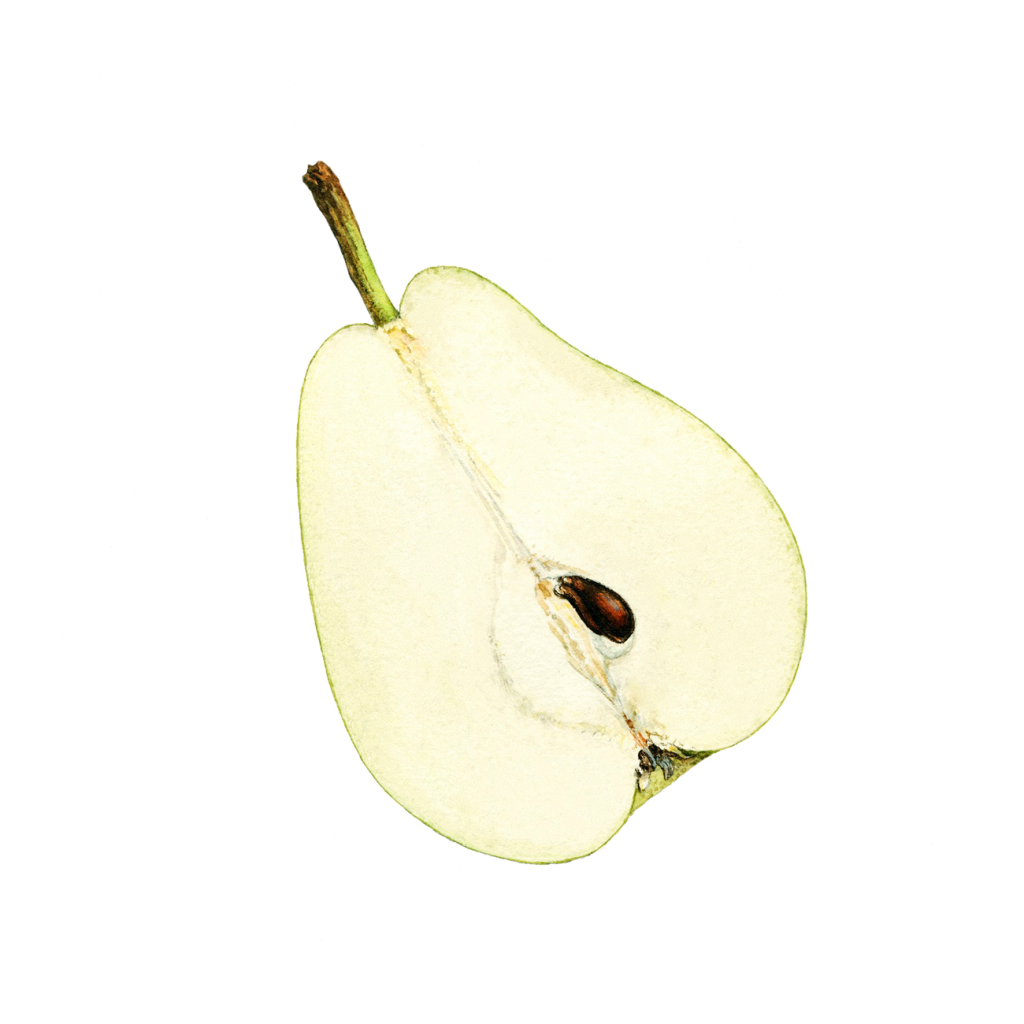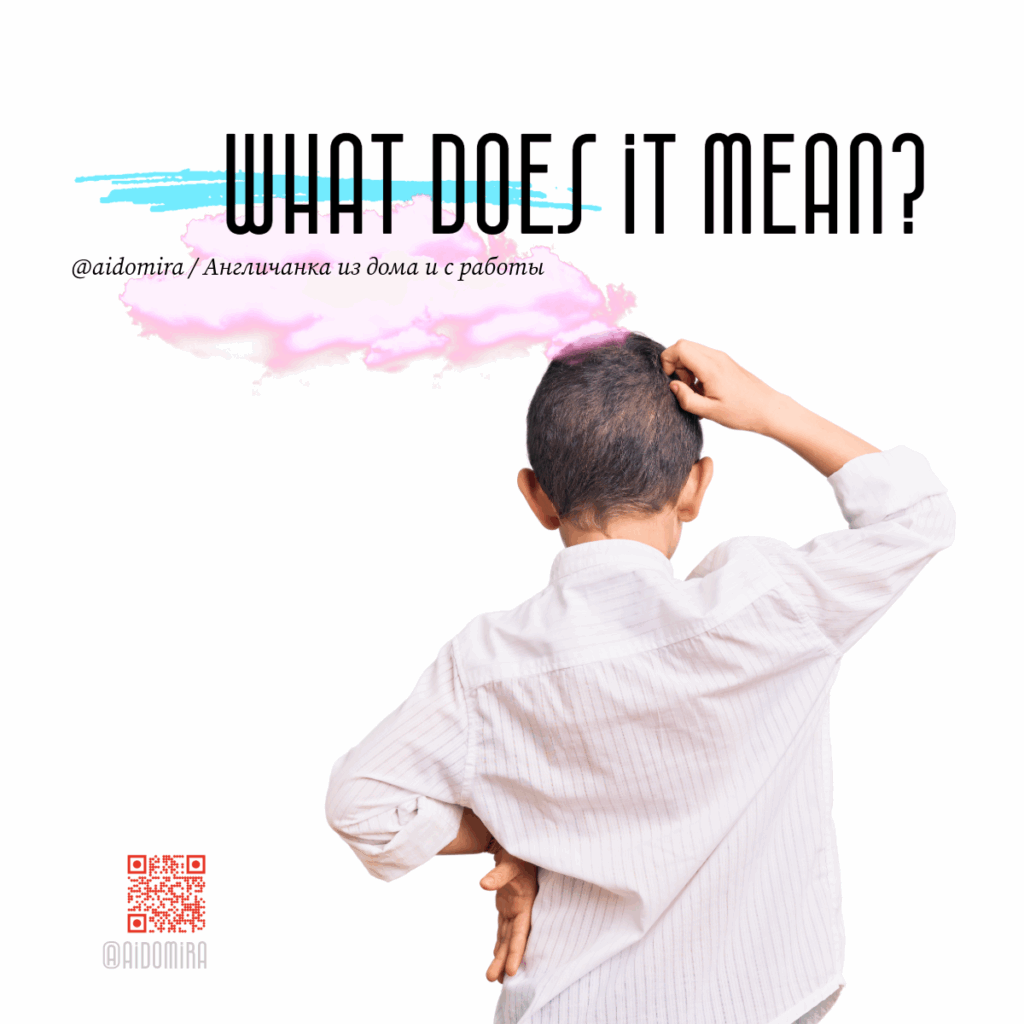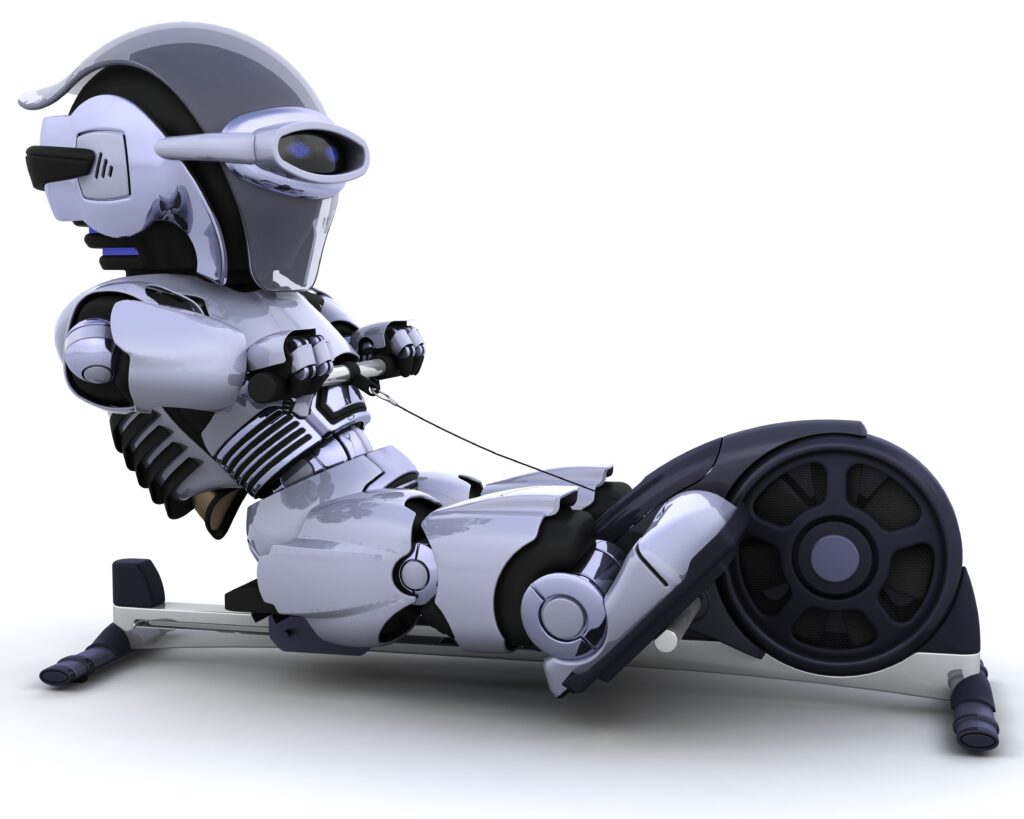Compare them all!
Comparative forms are used to compare two things, expressing a higher or lower degree of a particular quality or characteristic. The exercises in the lesson focus on various comparative forms and their usage.
Look at the pictures below and read the texts on them. How would you comment on them?
Even the bitterest fruit grammar has sugar in it.
– Terry a O’Neal. Improvised by Valentina.


The trees knowledge that are is slow to grow bear the best fruit.
– Molière
Theory is first
Read the phrases, explanations and examples.
Not anything near: This phrase is used to indicate that something is not close or similar in quality, quantity, or degree to something else.
Example: The new restaurant is not anything near as busy as the one downtown.
Not anywhere near: Similar to «not anything near,» this phrase emphasizes the lack of closeness or similarity between two things.
Example: His painting skills are not anywhere near as good as his sister’s.
Nowhere near: This expression emphasizes a significant difference in degree or quality between two things.
Example: The price of this car is nowhere near as high as I expected.
Not in any way / In no way: These phrases are used to emphasize that something is absolutely not true or valid.
Example: Her behavior is in no way acceptable.
Not anything like / Nothing like: These phrases emphasize the lack of similarity between two things.
Example: The weather here is nothing like what we experienced in Hawaii.
Not at all: This expression indicates a complete absence of something or a total lack of agreement.
Example: I’m not at all interested in watching that movie.
Not nearly: This phrase indicates that something falls short of a particular standard or expectation.
Example: The food at that restaurant is not nearly as good as they claim.
Not quite: This expression indicates that something is almost but not completely true or accurate.
Example: He’s not quite as tall as his brother.
These are comparative “boosters” — they make comparisons stronger or weaker.
All these phrases come before adjectives, adverbs, or noun phrases. They change the strength of the comparison.
Think of them like “volume buttons” for how strong the difference feels.

🔹 Not anything near / Not anywhere near / Nowhere near
👉 Meaning: much less than / very far from being.
👉 Use: before adjectives, adverbs, or noun phrases.
- This puzzle is not anywhere near as hard as yesterday’s.
- He’s nowhere near tall enough to ride the rollercoaster.
- Your drawing is not anything near the size of mine.
⚡ They are interchangeable. “Nowhere near” is a bit stronger and more common in speaking.
🔹 Not in any way / In no way
👉 Meaning: absolutely not.
👉 Use: before adjectives, verbs, or whole clauses.
- That’s not in any way your fault.
- She is in no way ready for the test.
- This movie is not in any way scary.
⚡ Same meaning. “In no way” = a little more formal.
🔹 Not anything like / Nothing like
👉 Meaning: completely different from.
👉 Use: before nouns or “as + adjective”.
- My room is nothing like my sister’s.
- The soup is not anything like what I ordered.
- It’s nothing like as hot as it was last summer.
⚡ Interchangeable. “Nothing like” is shorter and used more often.
🔹 Not at all
👉 Meaning: absolutely not / zero degree.
👉 Use: after a verb or before an adjective/adverb.
- I’m not at all hungry.
- The game wasn’t funny at all.
- She didn’t mind it at all.
⚡ Cannot replace the others — this one focuses on zero, not on comparisons.
🔹 Not nearly
👉 Meaning: much less than / far from.
👉 Use: before adjectives, adverbs, or “as + adjective”.
- This bag is not nearly as heavy as that one.
- He’s not nearly fast enough to win.
- It’s not nearly dark yet.
⚡ Often used with “as + adjective/adverb” comparisons.
🔹 Not quite
👉 Meaning: almost but not completely.
👉 Use: before adjectives, adverbs, or “as + adjective”.
- I’m not quite ready yet. (= almost ready)
- This room is not quite as big as the other one.
- She’s not quite finished her homework.
⚡ Different from the others: it means “almost yes,” while the others mean “completely no.”

🧩 Quick “Are they interchangeable?” Guide
- Not anywhere near / Nowhere near / Not anything near → interchangeable.
- Not in any way / In no way → interchangeable (formal vs casual).
- Not anything like / Nothing like → interchangeable.
- Not at all → ❌ not interchangeable.
- Not nearly → ❌ special: for comparisons.
- Not quite → ❌ opposite idea (means “almost”).
Trick to Remember
- Not nearly / nowhere near = good for comparisons with “as + adj.”
- Not quite = “almost, but not fully.”
- Not at all = zero degree.
- In no way / not in any way = absolute denial, whole clause.

Practice
Exercise 1:
Complete the following sentences with the appropriate comparative form:
1. This smartphone is _______ as expensive as that one.
2. This book is _______ as interesting as the one I read last week.
3. The temperature today is _______ as cold as it was yesterday.
4. The traffic in this city is _______ as bad as in the capital.
5. My current salary is _______ as high as the average income in my field.
6. His cooking skills are _______ as impressive as his brother’s.
Right answers
1. Answer: nowhere near
2. Answer: not anything like
3. Answer: nowhere near
4. Answer: nothing like
5. Answer: not nearly
6. Answer: nowhere near
Exercise 2
Right answers
This restaurant is _____ the one we went to last week.
a) not nearly
b) nothing
c) nowhere near
Answer: c) nowhere near
The size of this apartment is _____ enough for a family of four.
a) quite bigger
b) not anything like
c) not nearly
Answer: c) not nearly
Her painting skills are _____ those of a professional artist.
a) not in any way
b) not anything near
c) in no way
Answer: b) not anything near
The movie we saw last night was _____ as good as the one we saw the week before.
a) nowhere near
b) not at all
c) by far
Answer: c) nowhere near
His behavior at the party was _____ acceptable.
a) anything like
b) in no way
c) not quite
Answer: b) in no way
The quality of this product is _____ what I expected.
a) not any quite
b) nothing like
c) nowhere near
Answer: b) nothing like
The level of difficulty in this exam is _____ the previous one.
a) not nearly
b) not quite
c) nowhere
Answer: a) not nearly
🎯 Mini-Test
Fill the blanks:
My phone is ________ as expensive as yours. Way cheaper!
This cake is ________ as sweet as grandma’s.
I’m ________ sure what to do. Almost, but not 100%.
The film wasn’t scary ________.
His story is ________ true. He’s lying.
✅ Answers to the Mini-Test
nowhere near
→ My phone is nowhere near as expensive as yours. Way cheaper!
✅ Correct: nowhere near
- ❌ not quite: would mean “almost as expensive” → opposite meaning.
- ❌ not nearly: also possible here, but “nowhere near” is stronger and funnier in real life (kids say it more).
- ❌ not at all: “not at all as expensive” → sounds odd.
- ❌ in no way: formal, not used for prices like this.
not nearly
→ This cake is not nearly as sweet as grandma’s.
(It’s much less sweet.)
✅ Correct: not nearly
- ❌ not quite: means almost sweet enough → but we’re comparing two things (cake vs grandma’s cake), so we need a comparison booster, not “almost.”
- ❌ not at all: would make it “This cake is not at all as sweet as grandma’s” → sounds clumsy and unnatural.
- ❌ in no way / not in any way: too strong and formal for a cake comparison.
- ❌ nowhere near: also possible here, but it sounds more dramatic. Not nearly is softer, more natural in daily English.
not quite
→ I’m not quite sure what to do. Almost, but not 100%.
✅ Correct: not quite
- ❌ not nearly: would mean “far from sure” → too strong, doesn’t fit the “almost” idea.
- ❌ not at all: would mean “zero sure” → opposite meaning.
- ❌ in no way: formal, absolute denial → doesn’t match the “I’m almost sure.”
- ❌ nowhere near: means “completely far from being sure” → again too strong.
at all
→ The film wasn’t scary at all.
(Zero scary!)
✅ Correct: at all
- ❌ not nearly: would sound wrong — “The film wasn’t nearly scary” doesn’t work without an “as” comparison.
- ❌ not quite: means “almost scary” → opposite meaning.
- ❌ in no way: could work if inverted (“In no way was the film scary”), but it’s formal. At all is the natural everyday choice.
- ❌ nowhere near: doesn’t fit without “as scary as.”
in no way / not in any way
→ His story is in no way true. He’s lying.
(Completely false.)
✅ Correct: in no way / not in any way
- ❌ not at all: His story is not at all true is actually possible, but sounds less strong. Teachers prefer showing the “whole clause negative” here.
- ❌ not nearly: doesn’t work because there’s no comparison.
- ❌ not quite: would mean “partly true” → not the meaning.
- ❌ nowhere near: would need “as true as …” — doesn’t fit here.
🔹 Extra Practice with Not in any way / In no way
👉 These are strong negatives that can introduce or modify a whole clause.
They make the whole sentence negative, not just one word.
Here are kid-friendly but advanced-level examples:
- Not in any way did she mean to hurt you.
(= She absolutely didn’t mean it.) - In no way is this your responsibility.
(= This is definitely not your fault.) - He is not in any way going to change his mind.
(= No chance he will.) - In no way can money buy true friendship.
(= It’s impossible.) - The teacher’s rules are not in any way unfair.
(= They are fair.) - In no way should you feel ashamed.
(= You shouldn’t feel ashamed at all.)
⚡ Notice:
- When they start the sentence (In no way did she…), English uses inversion (verb before subject), just like in questions. That’s what makes them feel formal and powerful.
- When placed inside the sentence (not in any way going to change), no inversion is needed.
Speaking practice
Read two tasks that you are going to complete, then do the exercises.
Task 1: Comparing Experiences
Instructions: Imagine you and your partner have recently watched two different movies. One of you absolutely loved the movie you watched, while the other found it terrible. Take turns describing your movie experiences using “nothing like,“ “in no way,“ or “nowhere near“ to emphasize the differences.
Task 2: Describing Preferences
Instructions: Discuss your preferences for different types of vacations. One person will describe their ideal vacation, emphasizing how it is nothing like or nowhere near the other person’s preferences.
